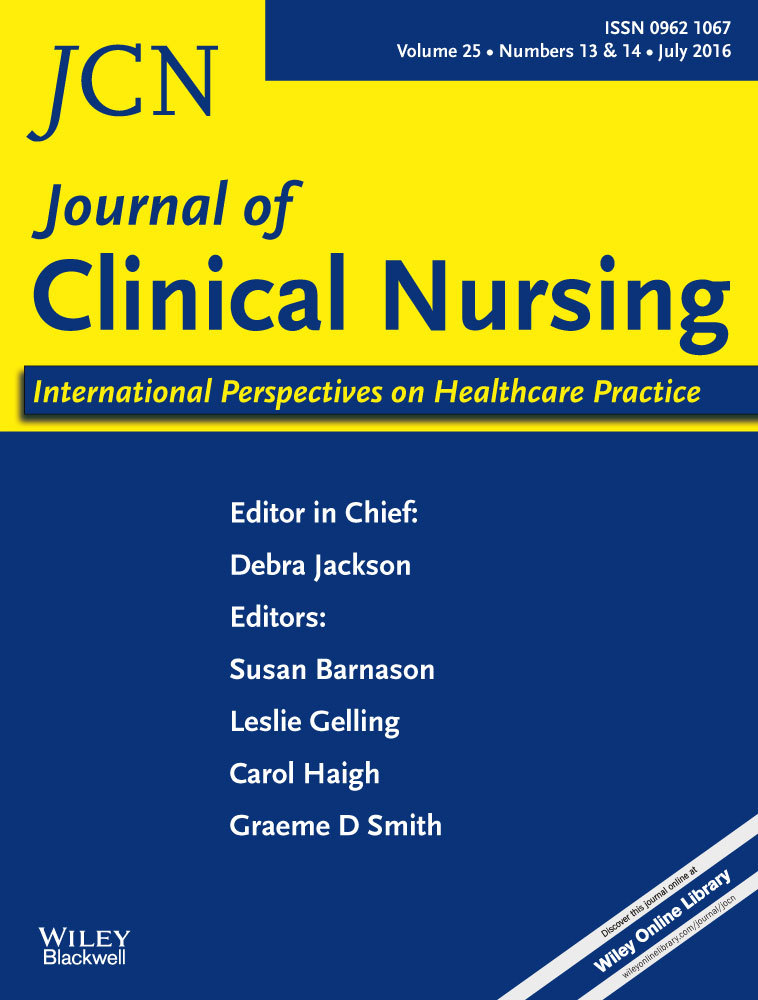A systematic literature review on nurses’ and health care support workers’ experiences of caring for people with dementia on orthopaedic wards
Abstract
Aims and objectives
To review literature on nurses’ and health care workers’ experiences of caring for people with dementia on orthopaedic wards.
Background
Dementia is a condition that affects a large number of the older population worldwide. It is estimated that there are 47·5 million people worldwide living with dementia with 4·6 million new cases being diagnosed annually. This number is said to increase to 75·6 million by 2030 and triple by 2050. It is also acknowledged that older people are at a greater risk of falls that are a devastating problem causing a tremendous amount of morbidity, mortality and use of health care services (Rubestein, Age and Ageing, 35, 2006, 37). Falls usually result from identified risk factors such as weakness, unsteady gait, confusion and certain medication. Therefore, it is reasonable to assume that a large population of older people suffering from dementia may be admitted to orthopaedic wards with various injuries. Nurse and support health workers may experience a range of difficulties when caring for this population of patients.
Design
A systematic review.
Methods
An extensive literature search using; CINAHL, MEDLINE, Academic Search Complete, National Health Service Evidence, websites like Department of Health, Dementia and Alzheimer's Society.
Results
The search generated several articles on dementia in general, however, only 14 articles dealing with care of these people in an acute hospital setting were found. No studies dealing with the care of people with dementia on orthopaedic wards were found; therefore, this review has taken a generalist nature and applies the findings to orthopaedic wards. The main themes identified from the review were: challenging behaviour and unsuitable care environment; lack of education on dementia; strain from nursing patients with dementia; and ethical dilemmas arising from care of people with dementia.
Conclusion
It would be an over-simplification to say that the care of people with dementia on medical wards is the same as the care of trauma patients with dementia. Therefore, there is a need for a study to explore nurses’ and health care worker's experiences of caring for trauma patients with dementia on orthopaedic wards.
Relevance to clinical practice
The results of this study could provide guidance on the effective care of people with dementia on orthopaedic wards.




